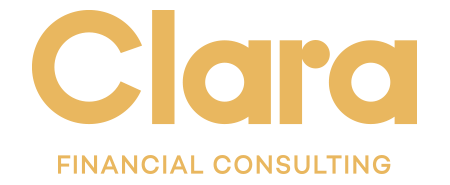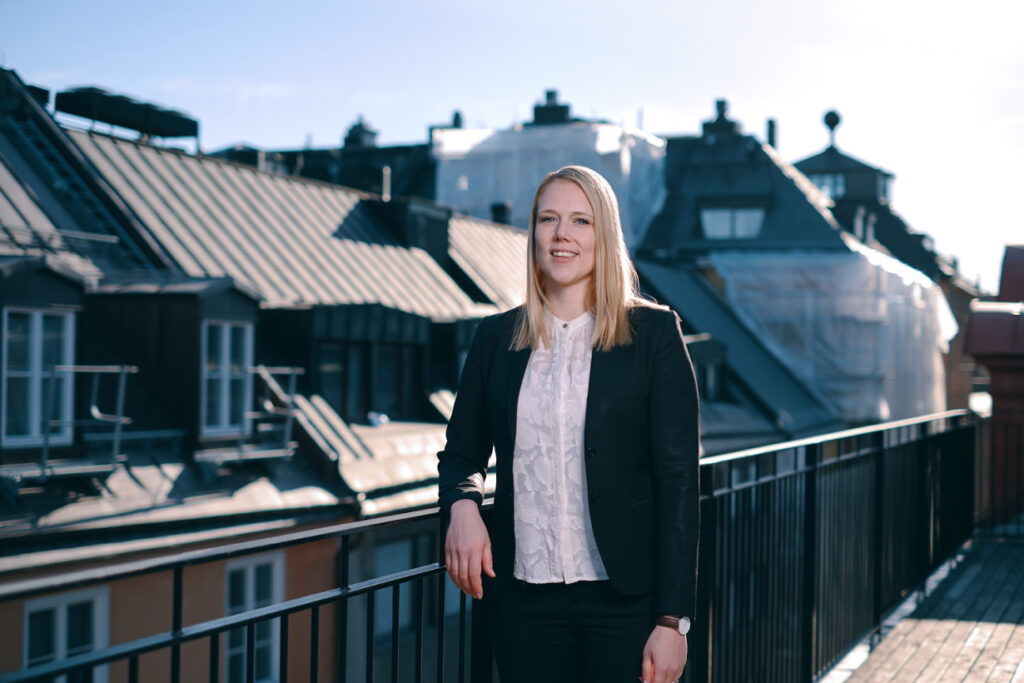Having a strong brand is important both to promote Clara’s products and consulting services, but also to attract new talent and retain senior consultants. But how do you actually become an attractive employer? Emelie Hallberg explains how Clara Consulting works with employer branding.
Corporate culture, values, transparency and empowerment are important factors in making an employer attractive.
– Our goal is to grow and we do this by attracting the right candidates with an interest in both finance and IT, while our senior consultants choose to stay to develop themselves and in turn develop Clara, says Emelie Hallberg, Managing Partner at Clara Consulting.
Developing a company culture is a long-term effort – you don’t strengthen the culture overnight. For example, employees may not automatically feel that a workplace is high ceiling, even if the employer thinks so. Employee engagement and the courage to ask questions of management and colleagues is something that is highly valued at Clara Consulting.
– We have been working on this continuously since Clara was founded in 2017 and it is something that we will always prioritise in our HR work. Internally, one of the things we work on is that each consultant has an individual coach instead of a traditional manager. We believe that in this way the employee’s development is optimised, both as a person and as a consultant. They also get the opportunity to contribute to the business in a completely different way than in larger organisations and other companies,” says Emelie Hallberg.
As Clara Consulting offers services in a wide range of areas within finance and IT, from system development to strategic consulting, it is important that Clara ensures that the right person is matched to the client assignments. The goal is always for the client to feel that they have received the right skills reinforcement while the assignment should feel right for the individual consultant, otherwise the assignment will not be successful for either party.
Getting consultants to stay and develop
Competition for talent is fierce in the consulting and finance industry. Therefore, a proactive approach is needed both to attract new consultants and to retain and grow existing ones. For Clara, it’s important that employees feel they have the right work-life balance.
– In some companies in the consultancy sector, there has been a culture that consultants should work
a lot of overtime to prove commitment and willingness to work. The industry has probably got better overall there and we at Clara are careful that no employee feels they need to work more than 40 hours a week,” she says and continues:
– For us, it’s also important to offer flexibility in the consultancy role. As a consultant, you need to be flexible based on the needs of the clients, then the rest is often up to the consultant. We advocate freedom under responsibility. After the pandemic, we also see that we as consultants have the opportunity to work from home to a greater extent than before.
She also highlights responsiveness as a key point in getting consultants to stay.
– Listening to what our employees want and have for tips and ideas gets everyone involved. As a small company, it’s easier to participate and contribute internally – whether it’s for wellbeing activities or business strategies. Of course, another key to attracting and retaining talent is offering a competitive salary.
Focus on on-boarding programmes
– We put a lot of emphasis on a good on-boarding process so that new starters are introduced in the right way and feel comfortable. If there is a question that the coach can’t answer, it’s no problem to ask someone else. It’s important to show from the start that we dare to ask everyone, regardless of their question or role,” says Emelie Hallberg.
Clara also has an internal academy, the Clara Academy, which is a tailor-made training programme for new employees, whether they come straight from university or have worked in the industry for several years.
– The Clara Academy is an incredibly popular training package according to those who have completed the programme. Because it is a bespoke training programme, the consultant is challenged and developed no matter what level they are at,” concludes Emelie.


